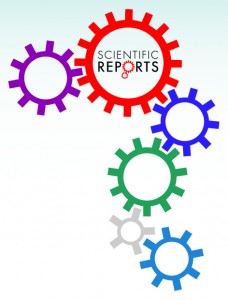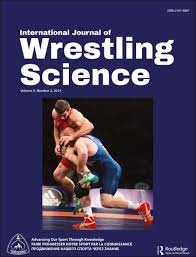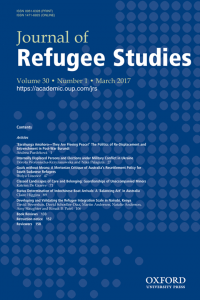
Title: Non-alcoholic fatty liver disease, diet and gut microbiota
What Caught Our Attention: The paper was co-authored by Carmine Finelli, who in the past took responsibility for a dramatic transgression: Stealing material from an unpublished manuscript by one of its reviewers. After the paper that stole from the manuscript was retracted in 2016, Finelli earned a second retraction earlier this year — again, for plagiarism. (He’s also lost another paper from Oncotarget, which was removed without any information.) Now, a fourth retraction has popped up, for using material “published previously.” Unsure of the source of this material, we Googled some of the phrases from the retracted article. While we cannot say for sure, we offer these comparisons for you — the reader — to consider: Continue reading Caught Our Notice: 4th retraction for peer reviewer who stole manuscript
 More than 20 faculty members at Johns Hopkins University have signed a letter to Scientific Reports saying they will resign from the editorial board if the journal doesn’t retract
More than 20 faculty members at Johns Hopkins University have signed a letter to Scientific Reports saying they will resign from the editorial board if the journal doesn’t retract 
 A
A




